Twenty years ago, James Gunn and Zack Snyder made one of the best zombie movies of all time.
), celebrates its 20th anniversary this week.
Like many great horror films, Dawn of the Dead doesn’t start with horror.
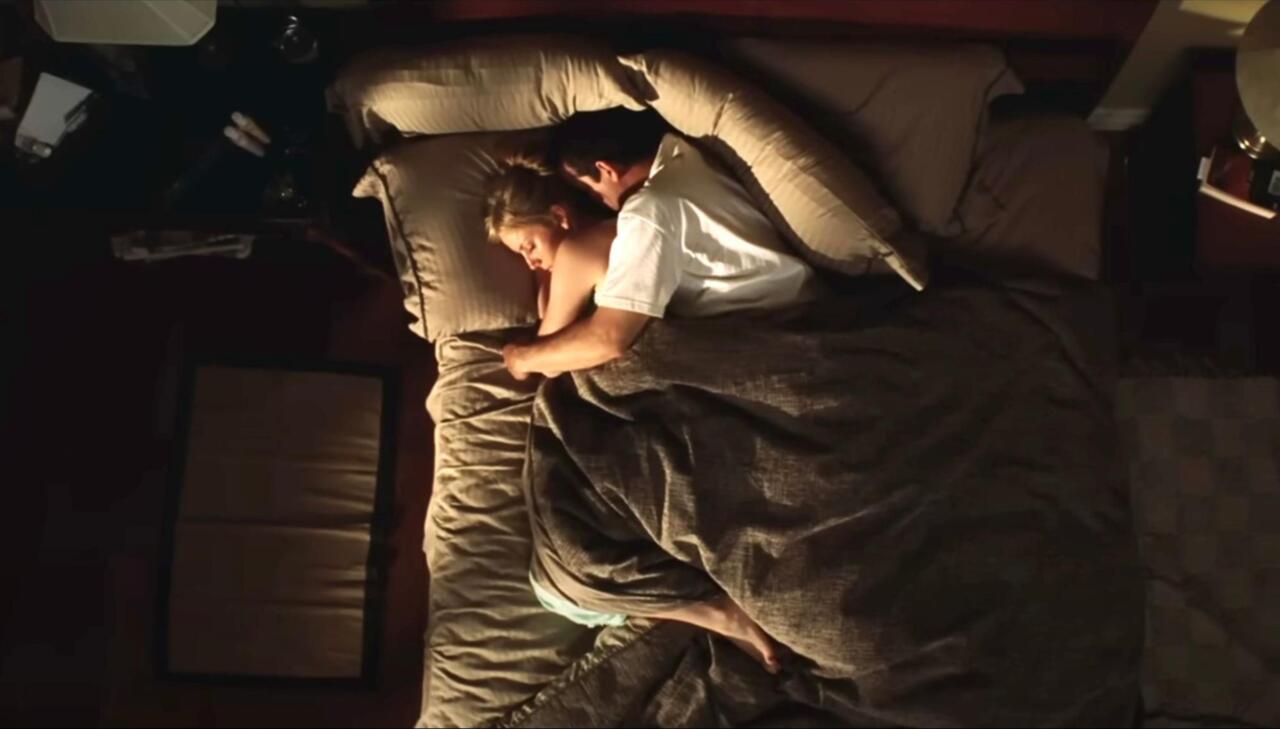
We know that Ana is about to have the worst day of her life.
But she doesn’t know that.
Nothing feels urgent or pressing, because from her perspective, it isn’t.
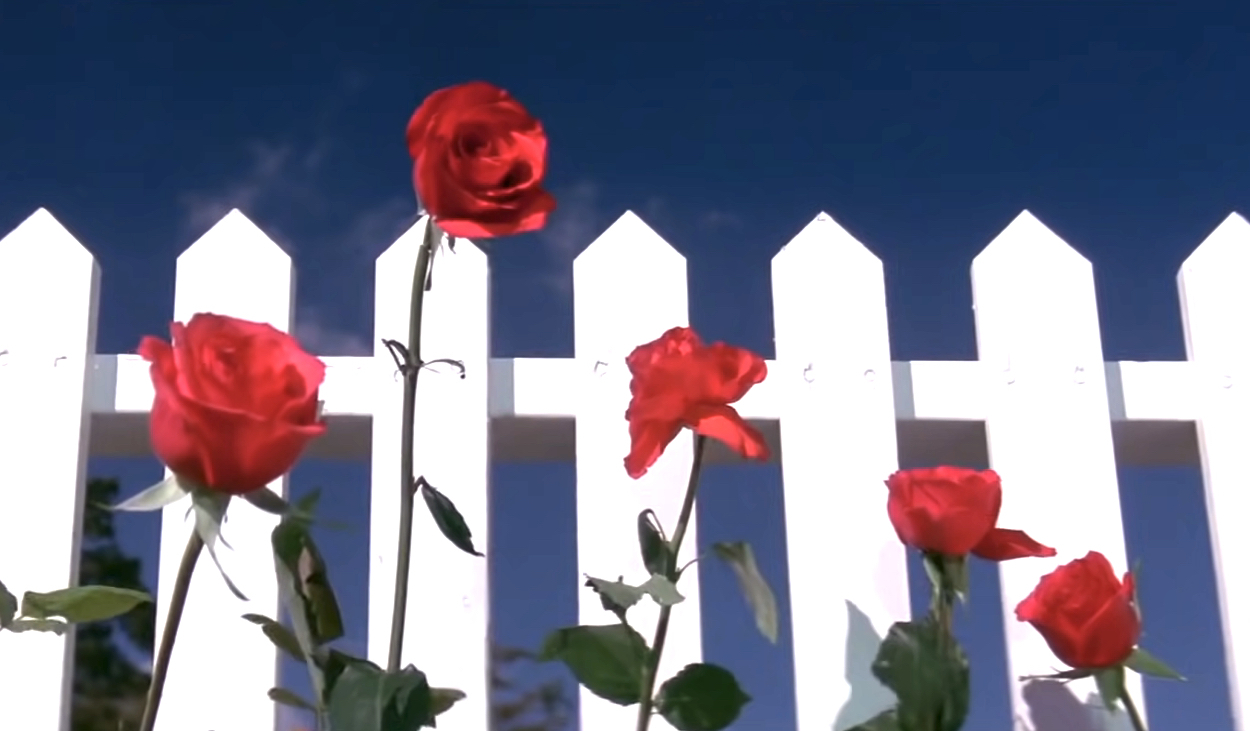
Even the shower sex between them, tastefully filmed behind the steaming glass, feels domestic and perfunctory.
The neighborhood also looks perfect–a little too perfect.
It’s an old trick that lots of horror and thriller movies use.

There’s no warning–it simply happens, with no chance for closure or to say goodbye.
Instead, you just have to react and, hopefully, survive.
With enough attention paid, we can tell something terrible is unfolding.
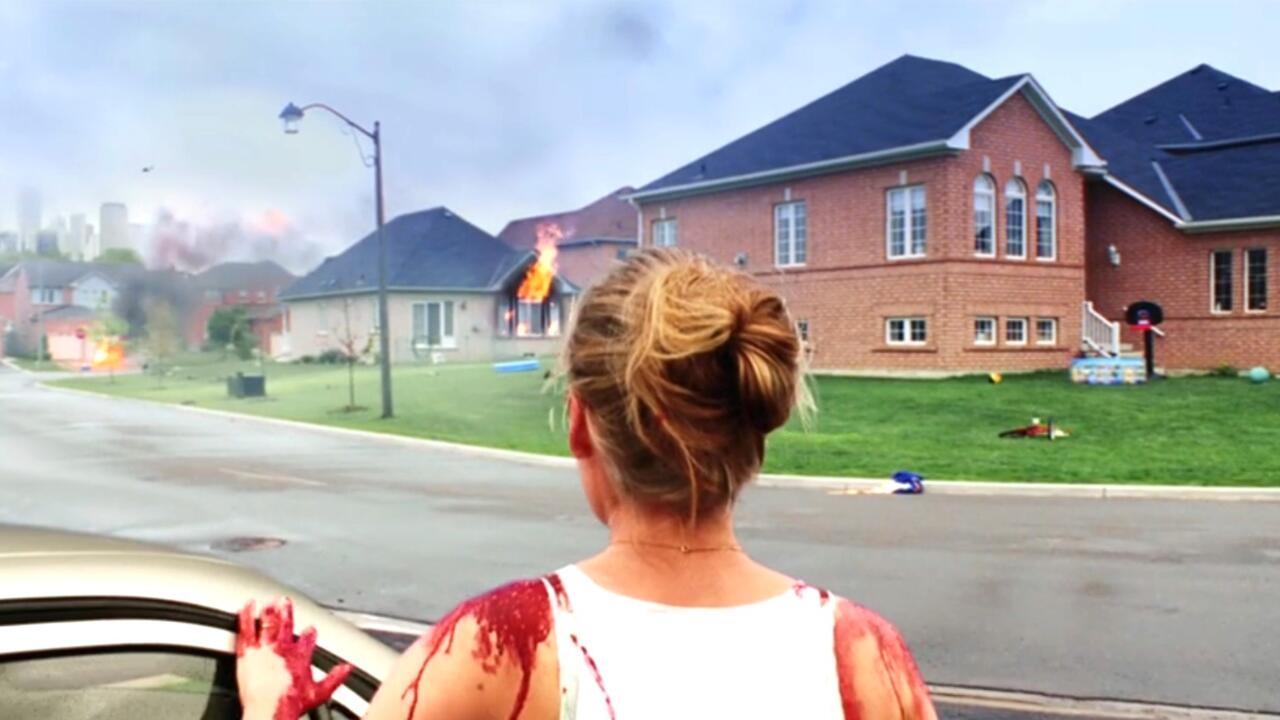
A patient at Ana’s hospital is likely a zombie victim.
There’s something unseemly about getting one’s throat torn out before breakfast.
Neither works, and in a matter of seconds, her husband’s corpse reanimates and attacks her.
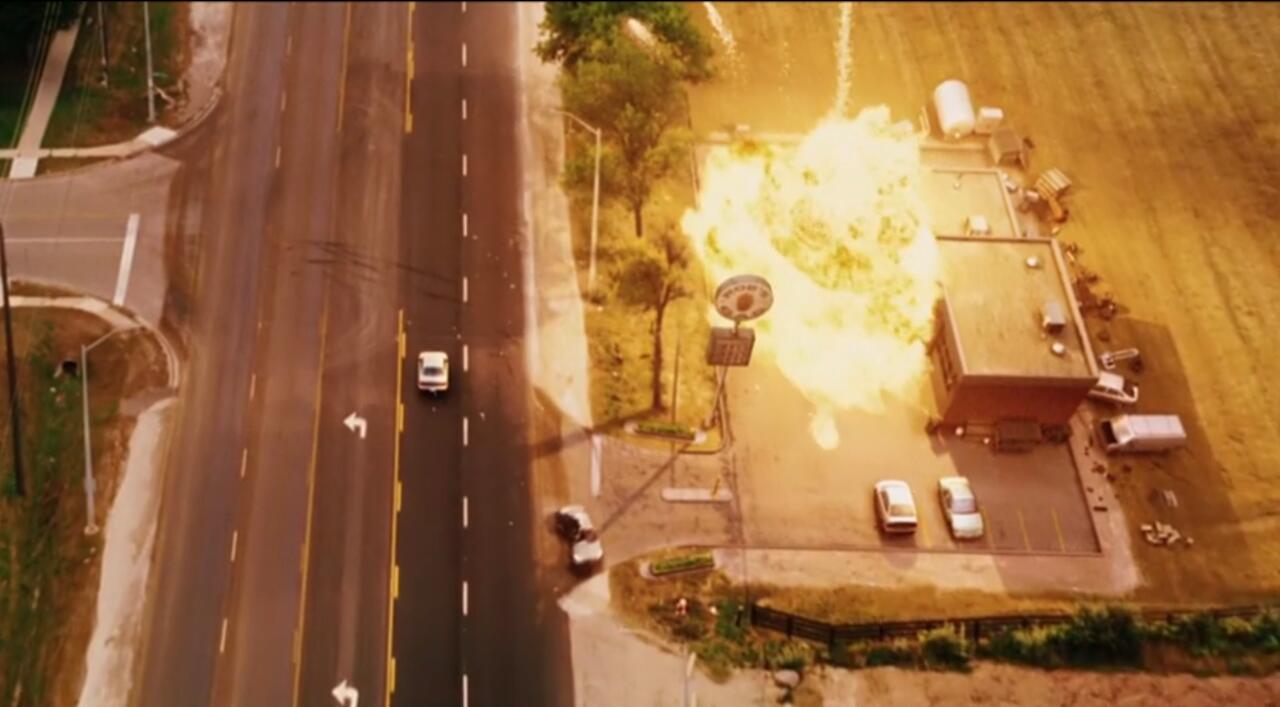
The scene communicates several key points through staging and non-verbal communication.
First, we get a rudimentary idea of how the zombies in this universe work.
You get attacked, you die, you come back.
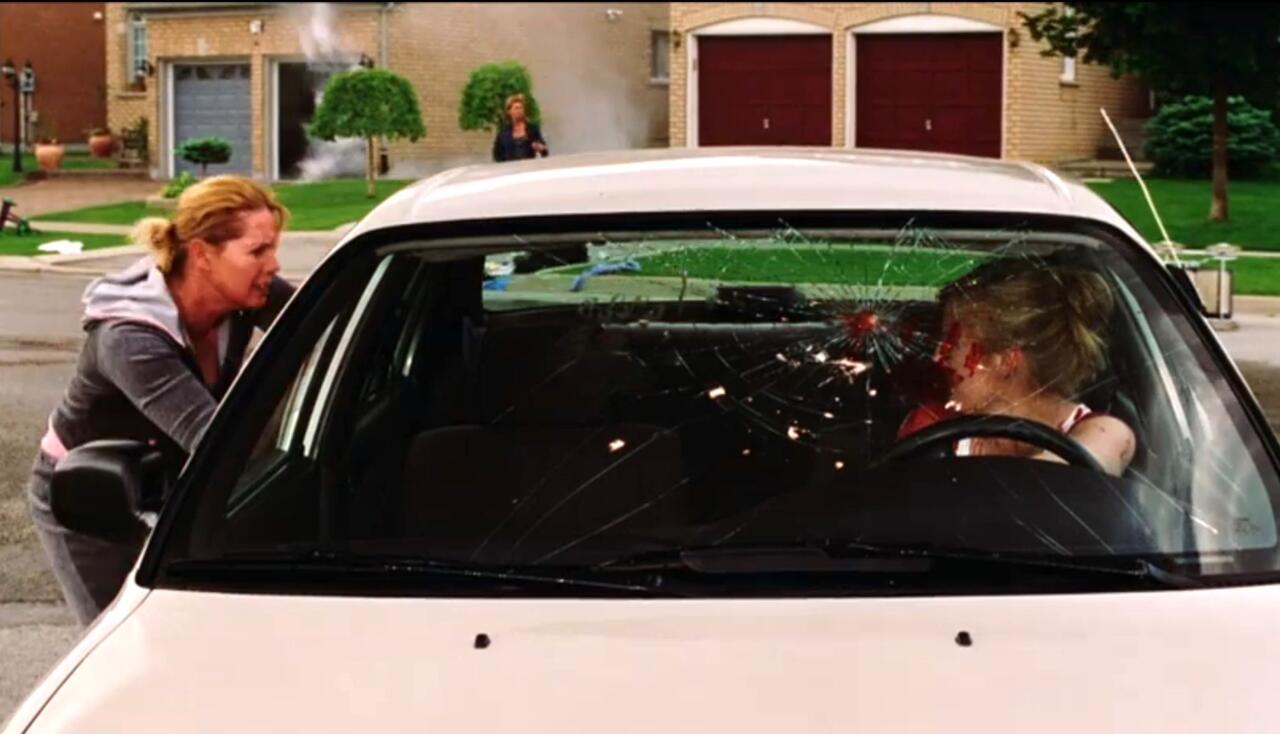
Second, Ana realizes her training will have limited practicality.
And third, she needs to divorce herself of emotional attachments.
This is not a scenario where she has time to grieve or seek closure.
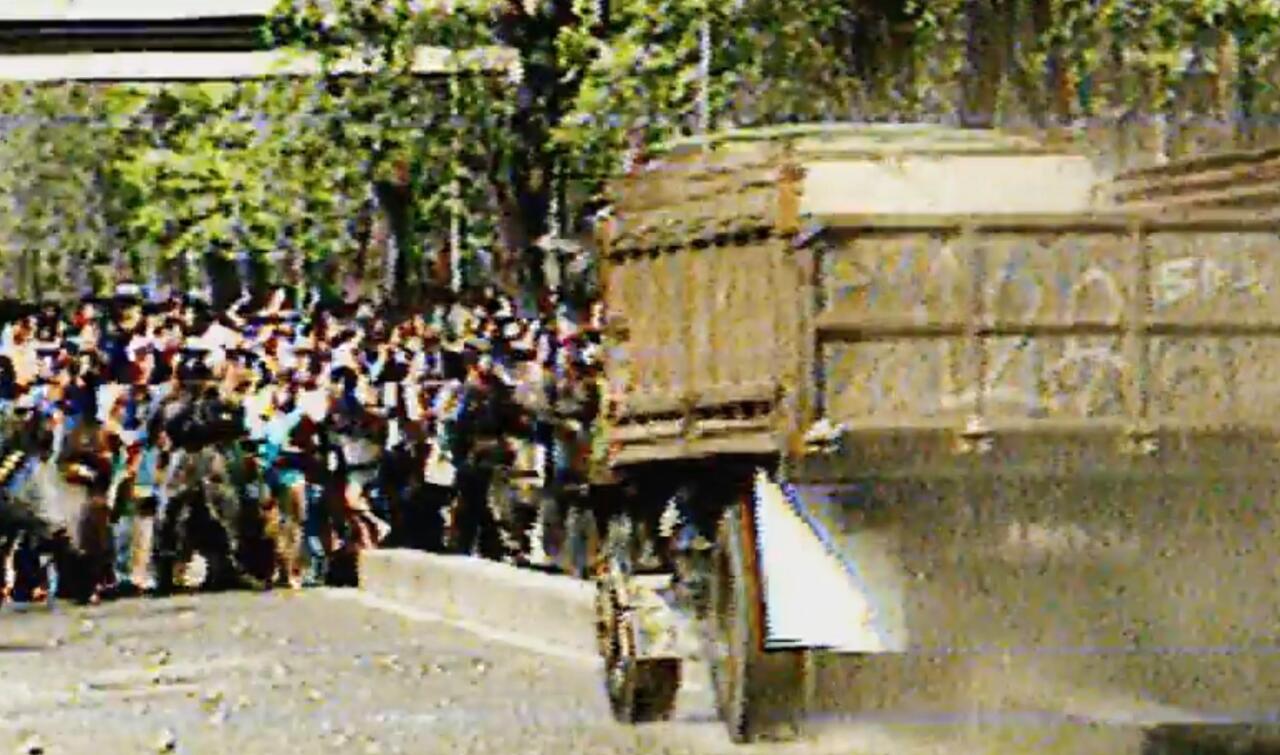
She needs to kill or be killed.
Then Ana goes outside, and everything she sees reinforces the prior points.
A neighbor points a gun at her before he’s hit by an out-of-control ambulance.
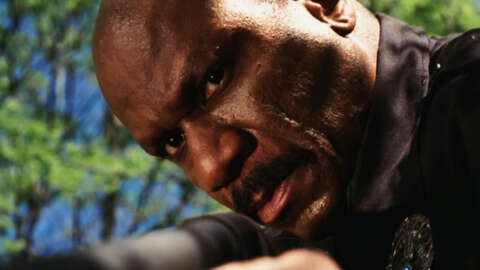
(How’s that for irony?)
This is a world where panic will kill people as easily as the zombies.
We see a gas station blow up, which has all sorts of long-term implications.

And Ana’s a quick learner–a woman asks for help, and she drives on by.
She can’t trust anyone.
And when a man attempts to steal the car, it only underlines this idea.

In the ensuing scuffle, she loses control of her car and crashes into a tree.
The screen goes black.
And what ensues is one of the finest opening credits scenes of the last 20 years.

The song, for starters, is"The Man Comes Around," by Johnny Cash.
The recording sessions were marked by morbidity.
Cash was dying slowly; he was mostly blind, and diabetic neuropathy and pneumonia had ravaged his body.

His voice, one of the strongest in country music, had been diminished to a shaky rasp.
It is a terrifying song, written by someone who knows the end is near.
But despite its morbidity, it still has the rhythmic back beat that often defined Cash’s career.

It’s a hell of a juxtaposition.
Romero, despite liking the remake overall, criticized the film in several interviews after its release.
It sort of lost its reason for being," said Romero in aninterview with Uproxx.

But there’s one thing that Romero and nearly every horror fan agreed upon.
They throw you into a state of confusion and excitement for what’s to come.
It’s the end of the world.
But we’re going out with a bang.
Got a news tip or want to contact us directly?